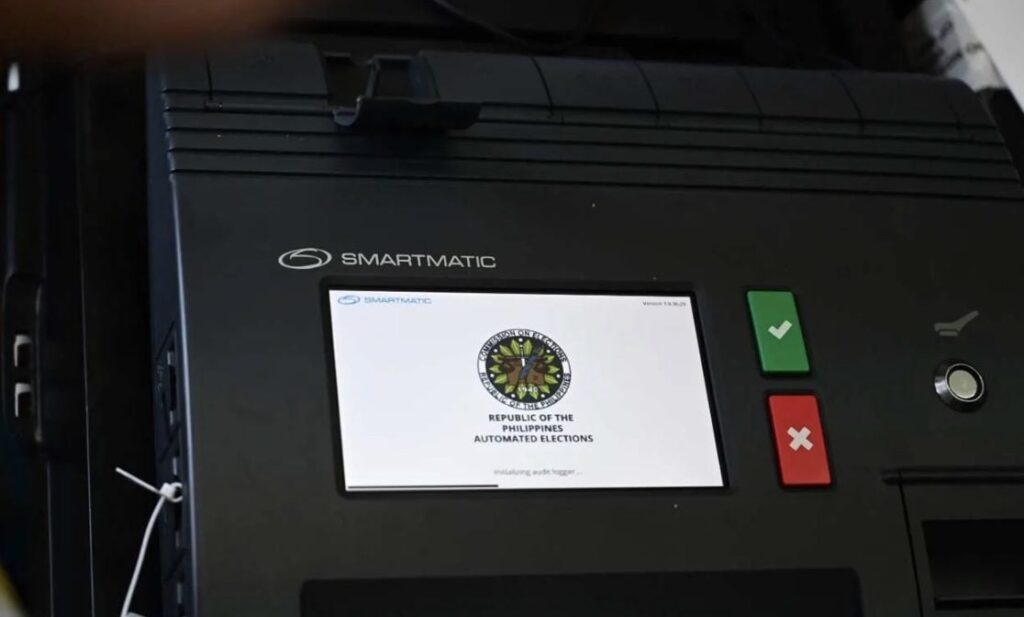In a landmark development citing serious allegations of corruption, the Philippine Commission on Elections has severed ties with Smartmatic Philippines Inc., a multinational company that has provided the country’s election technology for 13 years. The seismic decision revolves around accusations of bribery and compromised procurement protocols, fundamentally undermining public trust in the nation’s electorates. The Commission asserts these grave allegations, potentially spanning at least three election cycles, necessitates stringent measures to preserve the sanctity of the democratic process, however contentious the allegations maybe.
For over a decade, Smartmatic has been a national cornerstone, maintaining the bedrock of the Philippines’ election technology. However, weighty allegations have cast an ominous shadow on the organization. The Commission’s decision pivots on claims that Commission chairman Andres Bautista was bribed to guarantee Smartmatic winning the contract for the 2016 elections—allegations fervently denied by Bautista.
Despite Smartmatic asserting their innocence, pointing out there remains nothing but allegations against them, the Commission has held its ground. The alleged bribes supposedly laundered through a labyrinthine network of entities controlled by Bautista, including a foreign shell company, are currently under investigation.
The Manila Times revealed that a U.S. government request for information related to possible violations of American laws became a considerable factor in the decision. The charges under investigation range from violations of the Foreign Corrupt Practices Act to conspiracy, wire fraud, and money laundering. The scale and gravity of these allegations have cast an unequivocal cloud over the voting process.
The Commission believes the accusations involving Bautista and Smartmatic breed speculation and skepticism, thereby instigating widespread distrust of the electoral process. They acknowledged the gravity of the bribery-related allegations and the detrimental impact they carry on the robustness of the country’s democratic processes.
The issue of corruption intertwined with elections is perceived as a lethal combination, with the potential to corrode public confidence in the electoral system. Cognizant of the imminent threat to democratic institutions, the Commission underscored the need to safeguard the integrity of procurement protocols and to withstand any attempts to undermine them.
To that end, the election commission has urged the nation’s Special Bids and Awards Committee for a comprehensive review of the case. This scrutiny could lead to Smartmatic’s possible permanent disqualification and blacklisting from all government procurement proceedings, not just in relation to elections.
However, the Commission is eager to underscore that their decision does not question the integrity of the 2016 elections. Commission representative John Rex C. Laudiangco told Business World, “The decision is on the integrity of the procurement then, not the integrity of any automated elections conducted in the Philippines.”
In wrapping up, while the Commission’s decision does not seek to cast doubts on the outcome of previous elections, it undoubtedly represents a significant milestone for democratic sovereignty and takes a hard stance against corruption. This essential move to safeguard the electoral process and uphold democratic principles marks a crucial turning point reaffirming the Commission’s unyielding commitment to propriety, transparency, and the rule of law.



